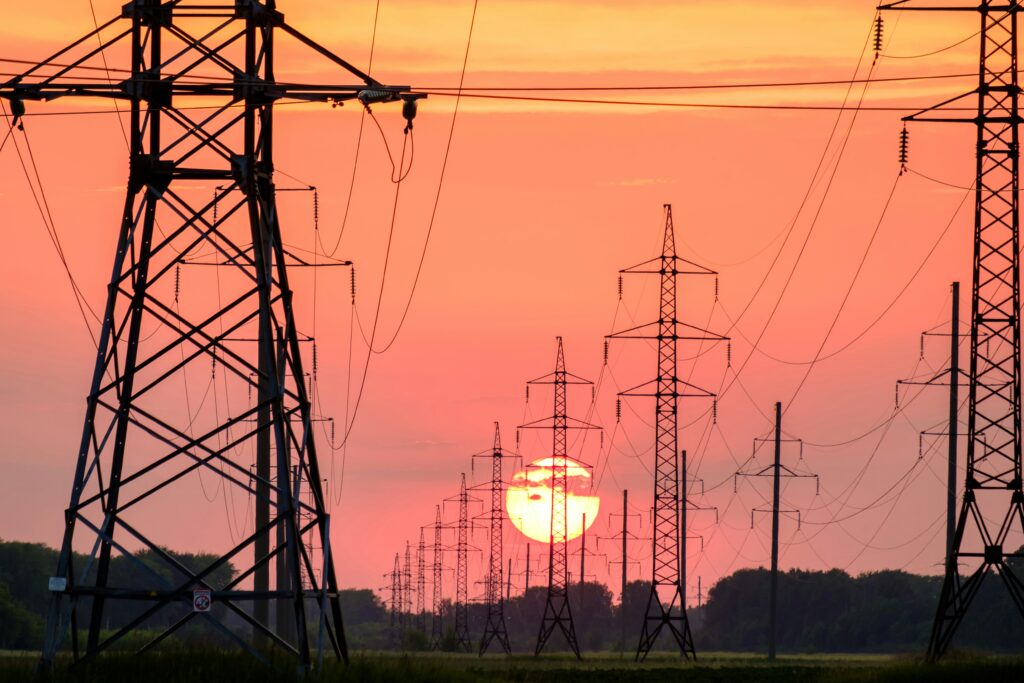
Seventeen African governments have committed to implementing actionable plans aimed at boosting electricity access through Mission 300, The World Bank reported.
The commitment was announced at the Bloomberg Philanthropies Global Forum, where leaders endorsed national Energy Compacts – central to the mission’s success. Tailored to each country’s specific needs, these Compacts focus on infrastructure, financing, and policy, with the support of development partners.
Countries joining the initiative include Benin, Botswana, Burundi, Cameroon, Comoros, the Republic of the Congo, Ethiopia, Gambia, Ghana, Guinea, Kenya, Lesotho, Mozambique, Namibia, São Tomé and Príncipe, Sierra Leone, and Togo.
World Bank Group President Ajay Banga underscored the critical role of electricity: ‘Electricity is the bedrock of jobs, opportunity, and economic growth. That’s why Mission 300 is more than a target – it is forging enduring reforms that slash costs, strengthen utilities, and draw in private investment.’
‘Reliable, affordable power is the fastest multiplier for small and medium enterprises, agro-processing, digital work, and industrial value-addition. Give a young entrepreneur power, and you’ve given them a paycheck,’ added African Development Bank Group President Dr. Sidi Ould Tah.
Led by The World Bank Group and the African Development Bank Group, Mission 300 aims to provide electricity to 300 million Africans by 2030. Since its launch, 30 million people have gained access, with more than 100 million more expected to follow.
The initiative is supported by partners like the Rockefeller Foundation, the Global Energy Alliance for People and Planet (GEAPP), Sustainable Energy for All (SEforALL), and the World Bank’s Energy Sector Management Assistance Program (ESMAP). These collaborations are crucial for advancing Africa’s energy transformation, alongside co-financing and technical assistance from development finance institutions.
Earlier this year, several African governments endorsed their Energy Compacts, committing to over 400 policy actions aimed at strengthening utilities, reducing investor risk, and removing barriers. These blueprints will guide public spending, trigger reforms, and attract private investment.
